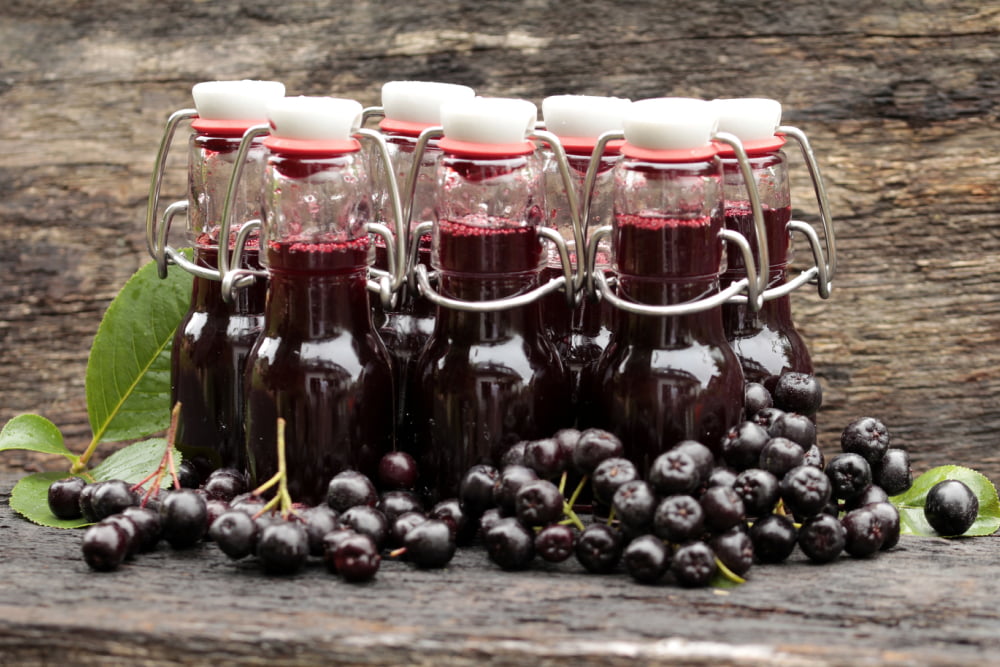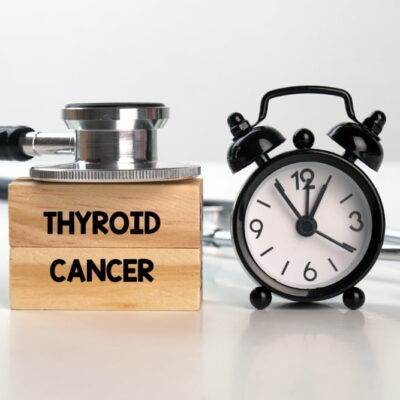
Top 10 Superfoods for Cancer
Cancer is a complex disease summarized by the apparent growth of abnormal cells in the body. Many factors contribute to cancer risk, including genetics and environment. Research suggests that certain foods may play a role in lowering the risk of developing this disease. In this article, we will explore a selection of superfoods associated with potentially reducing cancer risk and discuss why including them in one’s daily routine could benefit one’s health.
1. Berries
Berries, including gooseberries, grapes, blueberries, raspberries, and strawberries, are packed with powerful antioxidants. These antioxidants are crucial as our body’s defenders, battling free radicals and unstable particles that threaten to harm the body cells. Ellagic acid, a compound known for its potential to ward off cancer, boosts enzymes to work against cancer triggers and ceases the spread of tumors.
2. Cruciferous vegetables
Vegetables such as cabbage and cauliflower belong to a botanical group renowned for their capabilities to combat cancer. These edibles have garnered attention for their possible role in diminishing cancer risks through detoxifying detrimental substances.
3. Broccoli
Broccoli distinguishes itself within the family of cruciferous vegetables with its rich sulforaphane content. Studies suggest that broccoli and similar vegetables could protect against various cancers significantly. Preparing it simply, such as steaming and mixing it with garlic and olive oil, can create a nutritious meal while enhancing its potential anti-cancer properties.
4. Spinach
Spinach is packed with the carotenoids lutein and zeaxanthin, known for their radical-scavenging properties. Research by NIH/AARP indicates that a meal rich in spinach correlates with a lower incidence of esophageal cancer. Additionally, spinach’s folate and fiber content contribute to its potential in lowering the risk of various cancers. For optimal levels of lutein, eating raw or gently cooked spinach is advisable.
5. Carrots
Carrots pack a punch with beta-carotene, an antioxidant believed to protect cell membranes and slow the growth of cancer cells. They also contain falcarinol, which may have anti-inflammatory effects.
6. Tomatoes
Tomatoes are a rich source of lycopene, an antioxidant-rich vegetable. Lycopene-rich meals have been connected to a reduced risk of prostate cancer. Cooking or processing tomatoes increases the availability of lycopene. Making dishes with cooked tomatoes, like pasta sauce, is also beneficial. Other sources of lycopene include watermelon, pink grapefruit, and red bell peppers.
7. Whole Grains
Whole grains are a rich source of fiber, antioxidants, and phytoestrogens. It is known for its health benefits, which include a lowered risk of certain cancers. For quick understanding, oatmeal is a type of whole grain associated with protection against colorectal cancer. Other whole grains like bulgur, brown rice, barley, corn, quinoa, and whole wheat couscous share similar cancer-fighting properties due to their nutrient composition.
8. Soy
Soy products are often recommended for their isoflavones. Isoflavones is a compound studied to help reduce the risk of cancer. Isoflavones can function as phytoestrogens, which may have protective effects against hormone-related cancers. However, consuming soy in moderation is important.
9. Yogurt
Probiotics are present in yogurt and can lower the likelihood of various forms of cancer through their role in promoting a healthy gut microbiome. Specifically, yogurt reduces the chances of digestive system-related cancers.
10. Garlic
Studies suggest that garlic helps protect against stomach and colorectal cancers by restricting the growth of cancer cells and tumors.


